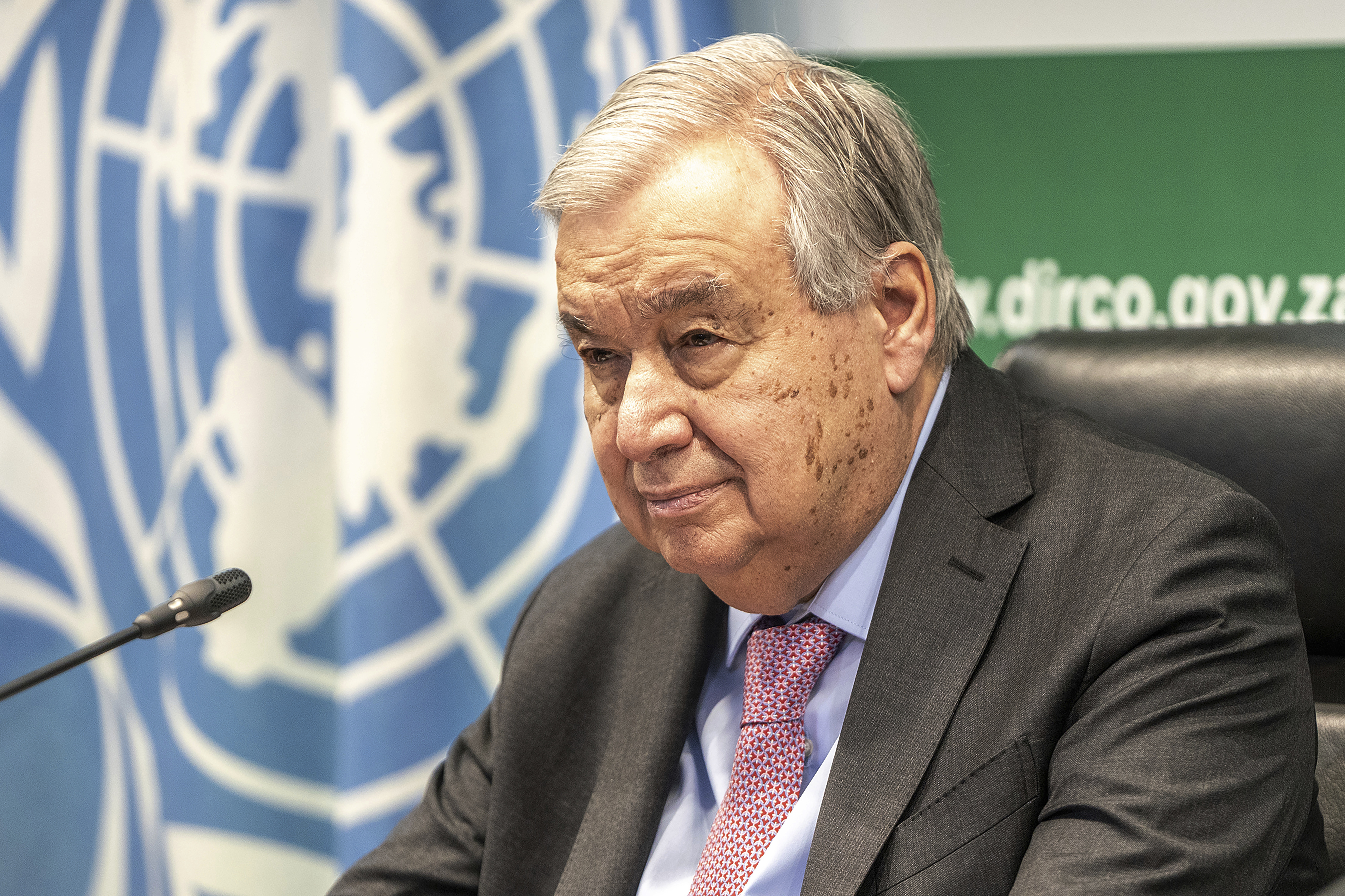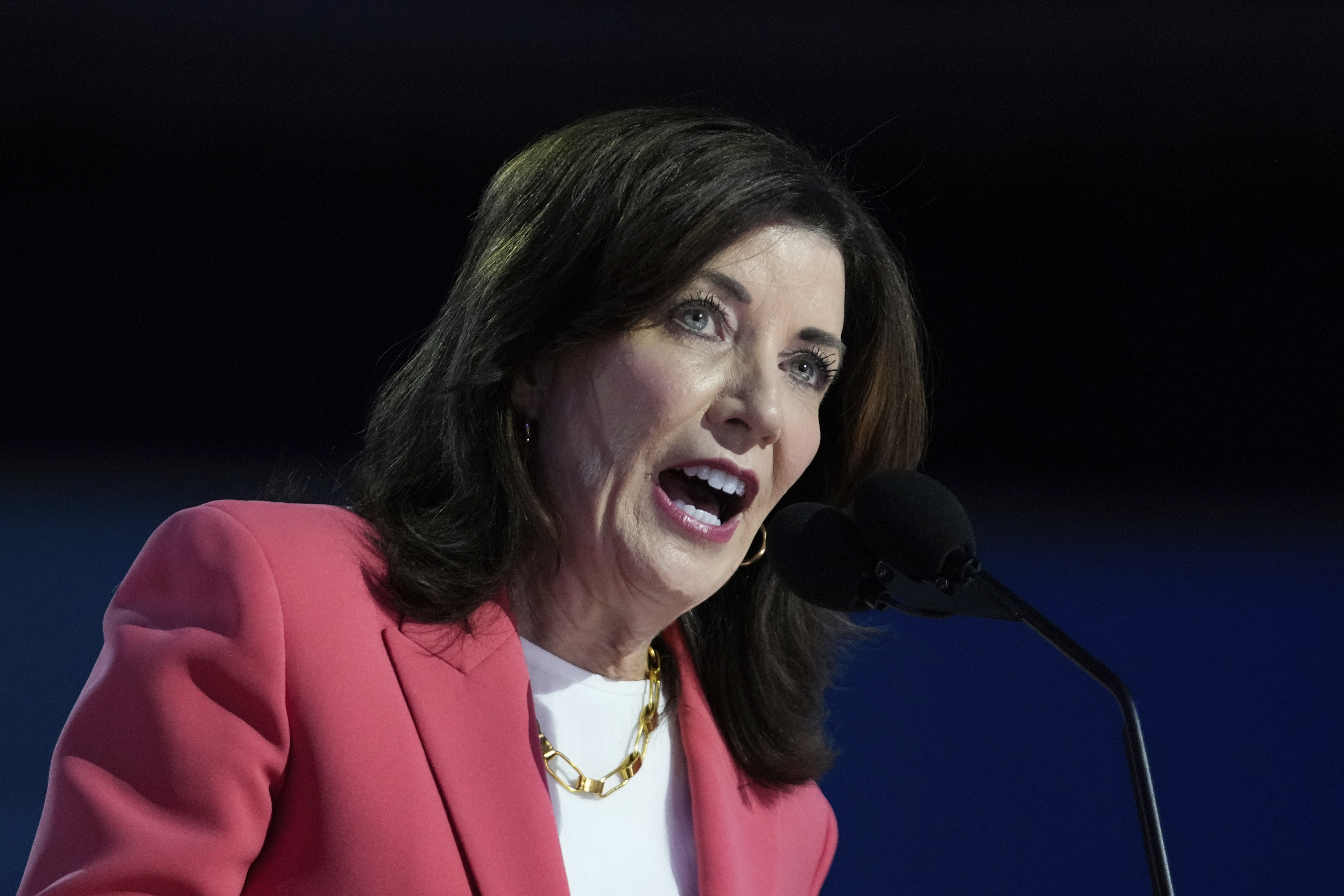NEWPORT NEWS, Va. (WAVY) — 10 On Your Side has covered Nikola’s Law for months.
The Grujicics, who live in Newport News, have been trying to get Virginia to approve newborn testing for a disease that if undetected at birth usually takes the life of a child within three years.
Their son Nikola was born March 15, 2018 with Krabbe Disease, a neurological condition resulting in severe damage to the nervous system. There is no cure, and if you don’t get a blood stem cell transplant within the first weeks of life, the life expectancy is three years of age.
Last month, a Virginia Department of Health newborn screening advisory committee refused to add Krabbe Disease to the list of diseases checked at birth.
Eight states have newborn screening for Krabbe Disease, but Virginia is not one of them.
10 On Your Side met with Nikola’s parents at their Newport News home. Dragan Grujicic was using a suction machine, which he and his wife Lana Grujicic have to do often to keep Nikola alive.
“I have to go in his throat and get the secretion out because he can’t. If you don’t do this, he can get pneumonia in his lungs and it can kill him. He’s had it before.”
They also make slushies to put in a feeding tube. There’s also a lot of love, constantly holding of hands, and wiping of lips in the Grujicic home.
“We hold his fingers to let him know we are here. He’s holding onto my finger, and he won’t let go. He is a cuddler,” Dragan Grujicic said.
“He loves water so much. He is in water as much as possible,” Lana Grujicic added.
You notice three things about the Grujicic family: they love to hold Nikola’s fingers, they look tired, and they have this amazing love for their child. It is hereditary, so if you have a baby with Krabbe Disease, there is a 25% chance another child will have the disease, too.
“We’ve been told, go home, take care of him, keep him comfortable, and don’t have any more children. A doctor with no bedside manners actually said that to us,” Dragan Grujicic said.
Nikola had a playmate named Dawson Feldt. He died Nov. 8 at 15 months old.
“We are devastated that Dawson is not with us, but we know he is not in pain anymore. Every hour was timed out around him, and now we have all this freedom and quiet. We got to get used to that,” said his mother, Kasey Feldt.
While visiting Nikola, 10 On Your Side got on a Zoom call to see 3-year-old Mila Lebow and her mother, Rachel, in Mississippi.
“She’s had a couple of days of high fever, so she’s a little bit tired and drained. She is doing better,” Rachel said, kissing Mila on the cheek.
None of these parents knew immediately Krabbe Disease was lurking until months after birth. At that point, it’s too late to correct the medical issue.
“Their baby is going to die because they were born in Virginia and that’s not OK,” Lana Grujicic said about parents with babies who have Krabbe Disease, looking back at Nikola.
Because Virginia is not one of the eight states that have Krabbe Disease included in newborn testing, some legislators introduced a bill that would change that.
“The whole reason I brought this bill, I met with little Nikola who is the bravest child I have ever met,” said Del. Jason Miyares, (R-82nd District), who sponsored House Bill 97.
HB 97 sailed through the House of Delegates and the state Senate to make Krabbe Disease mandatory screening at birth.
“The bill was later amended in committee because the governor’s office let it be known they would not sign the bill as it was written. It went from a mandate to a recommendation that they do a review. They did the review, it got voted down and that is where we are today,” Miyares said.
Ironically, Kasey Feldt’s childhood doctor was Virginia Gov. Ralph Northam.
“I sent him a letter and email saying ‘You helped me as a child. I’m asking you to help my child, and future babies.’ And I never heard back a response,” he said.
10 On Your Side also reached out to the governor’s office for comment on this issue, but our emails were not returned.
After months of meetings, work sessions and expert testimony, the Virginia newborn screening advisory committee voted not to add newborn screening for Krabbe Disease by a 9-6 vote. Four members abstained.
Kasey and Alexander Feldt were personally saddened that their son’s own doctor, who is on the committee, voted “no.”
“It seemed they didn’t care, and one of them was Dawson’s doctor. His geneticist, Dr. Vergano, voted ‘no’ and I thought she would be on our side, but she wasn’t, she said no.”
We reached out for comment from Dr. Samantha Vergano. A CHKD spokesperson sent 10 On Your Side a statement on her behalf.
“Dr. Vergano cares deeply about her patients and expresses her deepest condolences to the Feldt family for the loss of Dawson. The Virginia Newborn Screening Advisory Committee is charged with the impossible task of approving a select number of tests among the thousands of genetic disorders that can afflict children, many with devastating consequences. Recommendations on whether a condition should be included in universal newborn screening are based on scientific evidence regarding factors such as the accuracy of the screening test and the availability of effective treatments for the condition. The test for Krabbe has a very high rate of false positives.
“As someone who has devoted her life to the care of children with genetic disorders, Dr. Vergano longs for the day when a more accurate test and more effective treatments are available for Krabbe so that screening for the disorder can prevent tragic losses.“
Lebow said the outcome of Nikola’s Law is devastating.
“My child, Nikola, Dawson, and any child born with this devastating disease, is an acceptable loss. I am infuriated. I can’t believe it. I can’t believe they would vote no on something so crucial… I think they are OK with our children being born with this devastating disease and nothing being done.” Lebow said.
“I would say that is not an appropriate statement,” said Christen Crews, the nurse supervisor for the Virginia Newborn Screening Program at the Virginia Department of Health.
10 On Your Side wanted to know why the committee voted against Krabbe Disease screening. It is rare; Krabbe Disease affects 1 in 250,000 babies.
The reason being the cost of screening is unlikely: The VDH says adding Krabbe Disease to newborn screening costs $20.07 per baby. That is $2 million annually. Meanwhile, the cost of Krabbe Disease for parents is estimated to be about $100,000 a year, and to raise the child about $700,000.
Crews suggested some of the VDH experts said there’s no hope for a baby with Krabbe Disease.
“That is what the experts said, yes.”
Crews also said there was a lack of evidence to suggest success without a prenatal or sibling history of Krabbe Disease.
“There is a lack of evidence of the successful outcome of children identified with Krabbe disease through newborn screening. “
Untrue, said Dr. Joanne Kurtzberg.
“We know if we can identify kids at birth, we have something to offer that can make a huge difference in their life.”
Kurtzberg is at Duke University and performs blood stem cell transplants for Krabbe Disease babies.
“If babies are identified in the first weeks of life and have a transplant in the first month of life, their life is extended by many years.”
Kurtzburg said of 58 patients, 28 received the transplant. Of those, 22 are living relatively normal lives. The oldest is 24.
“By doing the transplant, it slows down progression. It prevents early problems from development, particularly in the brain. It extends life, and improves the quality of life… They are developing normally, they are cognitive, intellectually normal, they go to school, they are involved in activities that normal children do,” Kurtzberg said.
Kurtzberg also testified twice before the screening advisory committee. She found the committee to be overwhelmed and worried about obstacles.
“I was disappointed that [the committee] sought barriers to getting kids to [stem cell transplants] educating families, getting third parties to approve the procedure.”
Which brings us back to the families who will continue their fight to get Krabbe Disease included in newborn screening.
“I am absolutely going to stick with them. I am going to be an advocate for them as we get this done, and one day this will happen in Virginia, and I hope to be the person who carries it across the finish line,” Miyares said.

























































